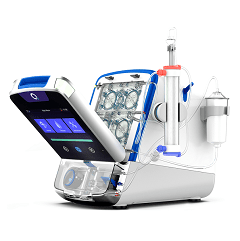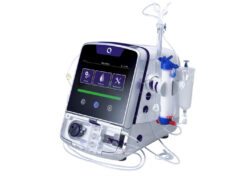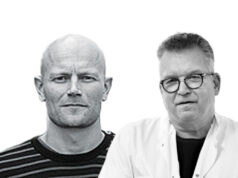
Quanta Dialysis Technologies has received the 2022 MacRobert Award in recognition of its efforts to develop the SC+ system—a portable, easy-to-use, high-performance dialysis machine intended to allow greater flexibility across the care continuum.
The team behind this compact dialysis machine, which was designed to enable kidney failure patients to treat themselves at home and relieve pressure on over-stretched hospitals, was named by the Royal Academy of Engineering as the recipient of the UK’s longest-running and most prestigious engineering innovation award, according to a Quanta press release.
The award celebrates engineering developments that demonstrate outstanding engineering innovation, commercial success and tangible social benefits—and the SC+ haemodialysis system impressed judges across all three criteria, the release adds.
“It is already having a dramatic impact on patient quality of life, since it is easier to operate, faster to train on and as powerful as traditional in-centre dialysis machines,” a statement from the Royal Academy of Engineering notes. “This flexibility also enables patients to treat themselves at home overnight, receiving more dialysis care than they would in clinical settings and eliminating the gap where patients go without dialysis over a weekend.”
Quanta is already working with National Health Service (NHS) Trusts in the UK and, during COVID-19 lockdowns, provided its entire UK SC+ system stock to the NHS in order to relieve pressure on hospitals and intensive care units.
Judges for the MacRobert Award were also impressed by the enormous commercial potential held by the device, the release continues. The SC+ is already US Food and Drug Administration (FDA) cleared and, in 2021, Quanta raised US$245 million to fund the rollout of the SC+ system in the USA—which it claims is the largest-ever private funding round for a dialysis device company.
The Quanta team was announced as the winners of the award at the Royal Academy of Engineering’s Awards Dinner in London on Tuesday 12 July and received a £50,000 prize.











